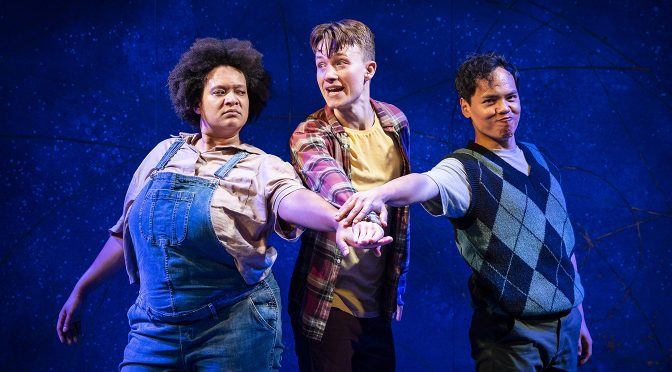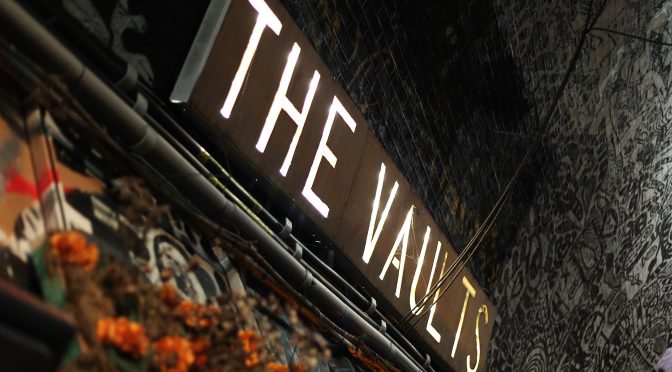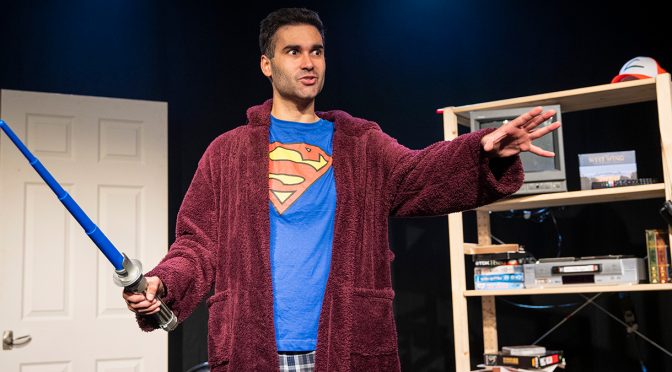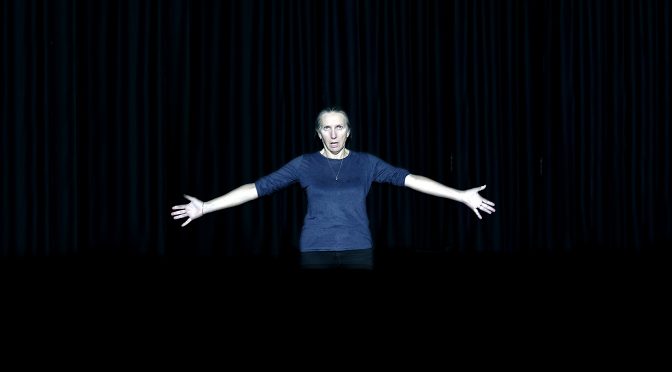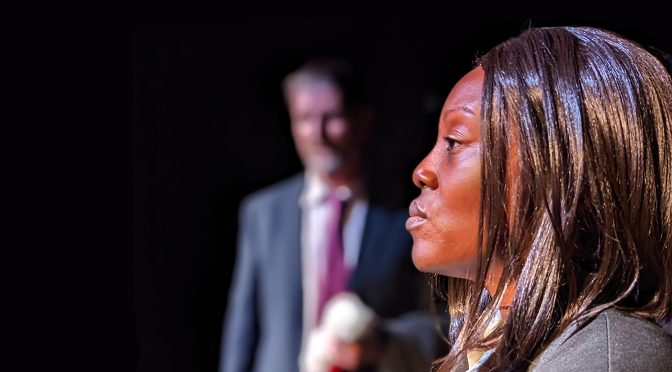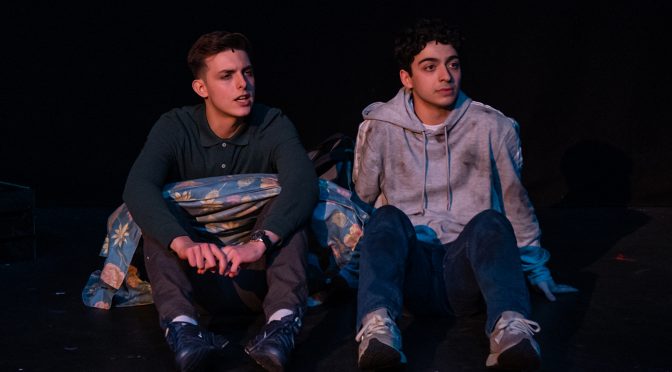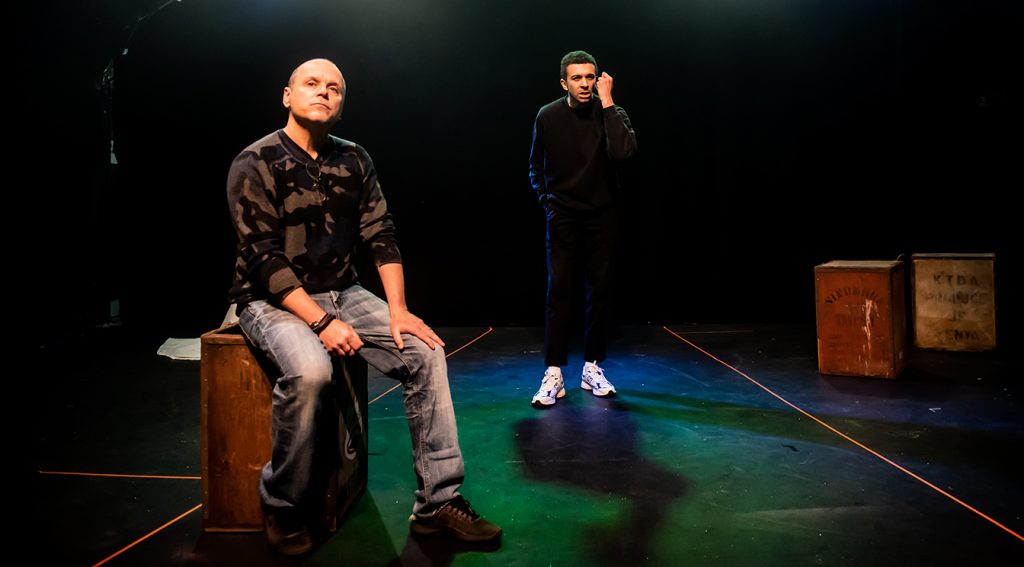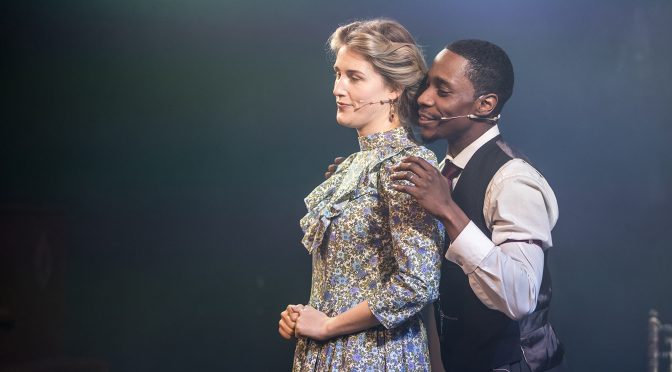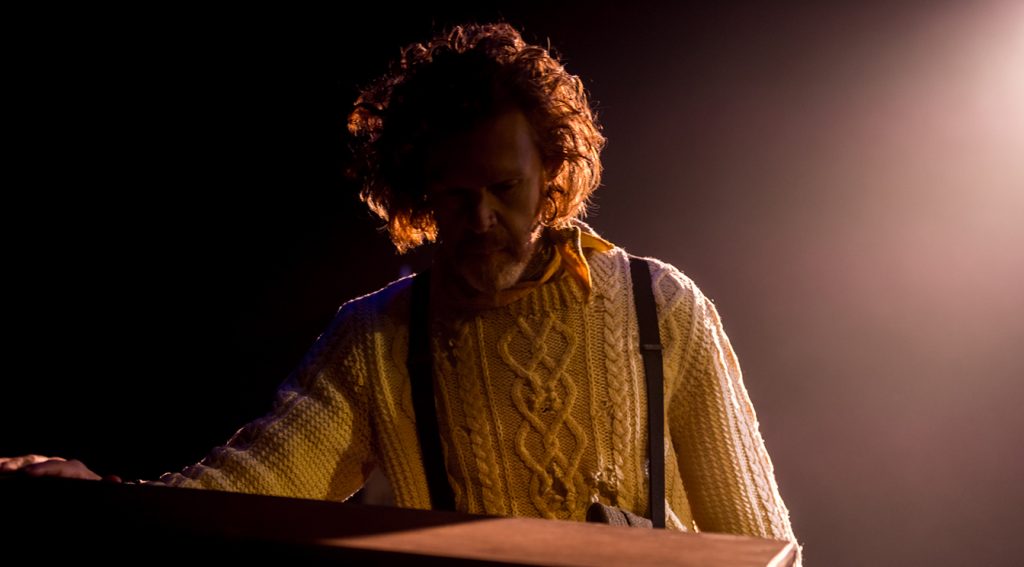Robert Holtom’s short play is, undeniably, niche – the audience demographic is specific. It looks at the youthful experiences of three friends who are Harry Potter fans, so it helps to know the franchise. And the show’s origins on the fringe, at the excellent Vault Festival, are clear, with fun had at the limited cast numbers. But within what some might see as constraints, the piece is strong: focused, solidly written, well-performed and with original touches.
Jack, who is gay, deals with bullying and a girlfriend while having a crush on his best friend. The focus is homophobia (the title comes from schoolyard slurs). Holtom writes insightfully about prejudice, highlighting small insults as well as big threats. An older offstage character called Norman is particularly well thought out. The outcome of the aggression experienced is moving. And, impressively, there is a focus into the damage that internalising hatred can cause.
In case this sounds worthy, it should be stressed that Dumbledore is So Gay is funny (particularly if you’re part of the fandom). The cast are strong comics and director Tom Wright knows this is one of the show’s strengths. There are the “drunken kisses” you might expect, which are sweet. When the actors double up as parents or teachers there’s even more fun. Close observations lead to lots of nodding in the audience.
Now for the twist… Jack can travel back in time (again, something from Harry Potter), so Holtom offers different versions of a coming out and coming-of-age story. Taking the lead, Alex Britt shows subtlety in the variations of this – a smart move. The conceit also means that Jack’s friends Gemma and Oli have characters fuller than might be expected, making strong roles for Charlotte Dowding and Martin Sarreal, who are also superb.
The different scenarios are increasingly positive without feeling forced. The fact that all three characters “deserve to be happy” is plenty – rather than prescribing what that happiness should be. Holtom makes a point of being positive, so you’re sure to leave feeling good. It’s a big achievement for a small show.
Until 23 September 2023
Photo by David Jenson

